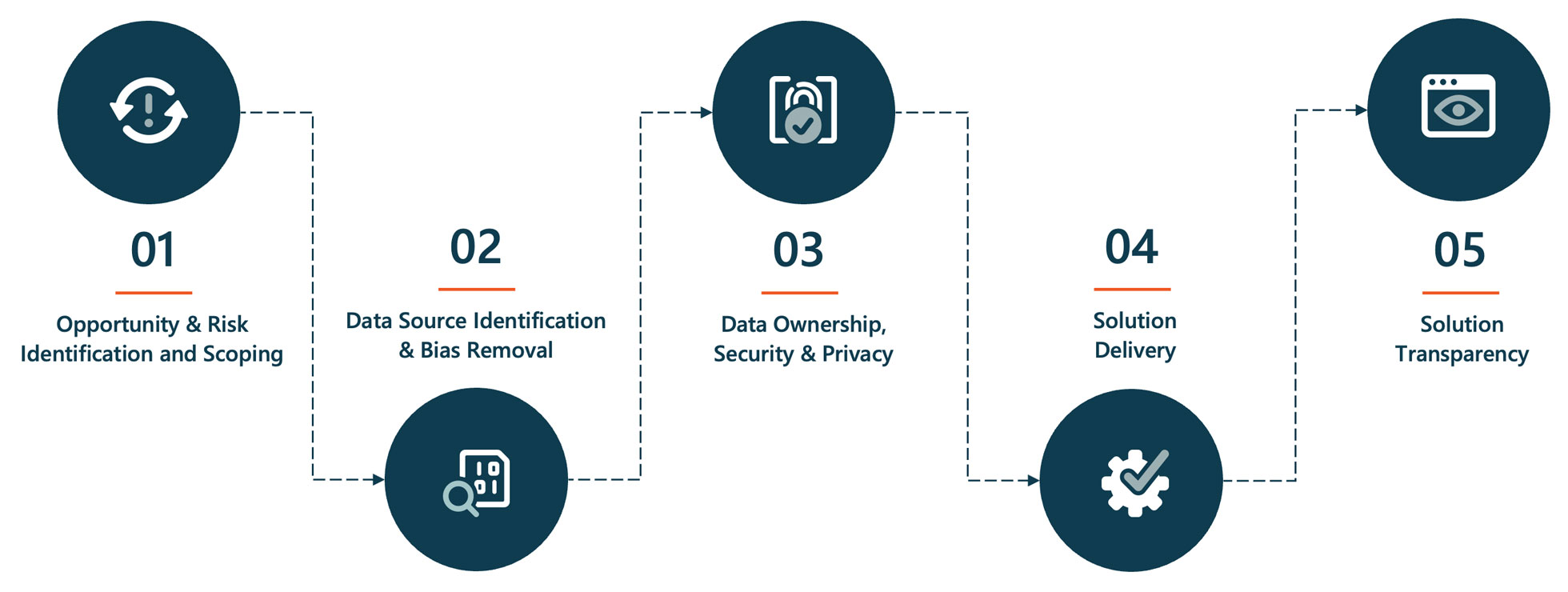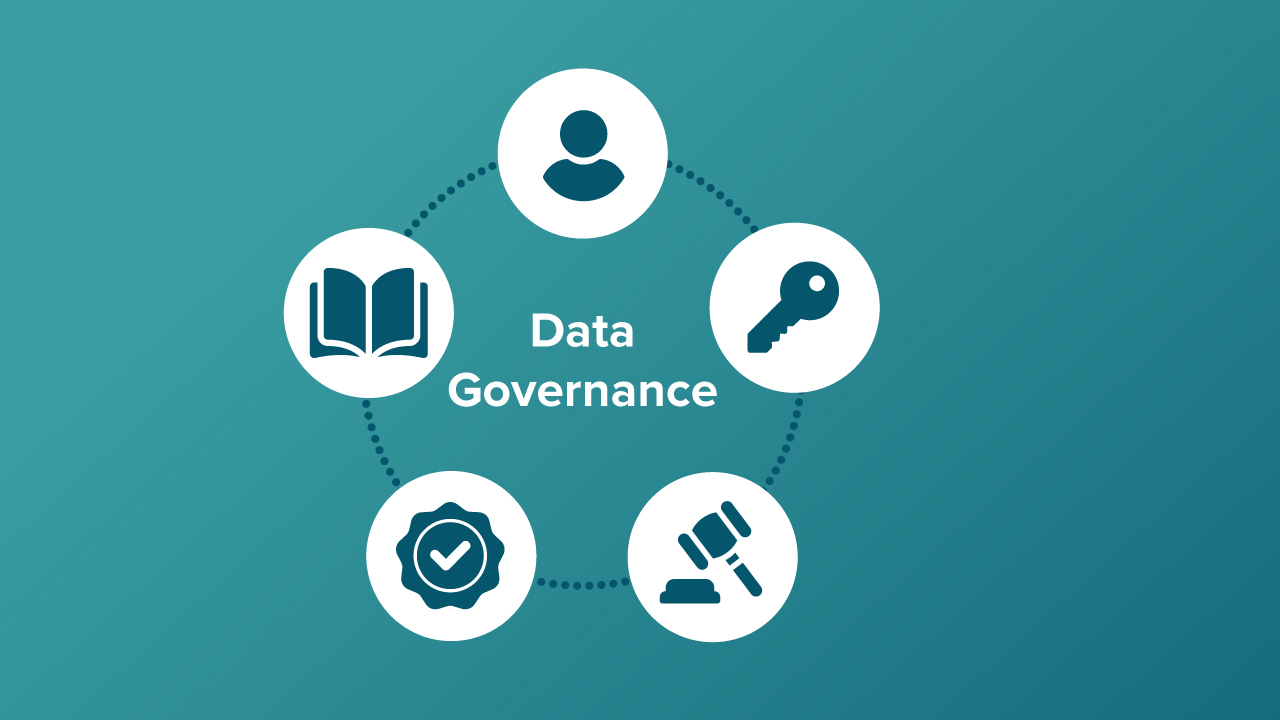
The Data Dilemma: Preparing for AI Success
In today’s rapidly evolving digital landscape, achieving robust AI capabilities hinges significantly on the quality and organization of the data at hand. Baris Gultekin, the head of AI at Snowflake, emphasizes the necessity for businesses to prioritize data readiness, governance, and model accuracy as they scale their AI frameworks. In a recent discussion, Gultekin shed light on the increasing challenge organizations face due to scattered data spread across multiple systems.
“Businesses often struggle with scattered data across multiple systems, leading many to adopt data platforms like ours to consolidate, govern, and analyze data effectively,” he noted, reflecting on the common pitfalls companies encounter.
 Visualizing data integration in AI applications.
Visualizing data integration in AI applications.
With organizations increasingly turning to platforms like Snowflake, there is a clear trend toward eliminating silos that have traditionally hindered data use. Gultekin explains that by utilizing comprehensive data management solutions, companies can prepare their data for sophisticated AI applications, ultimately leading to greater innovation and efficiency.
The Importance of Data Governance
Data governance emerges as a pivotal factor in leveraging AI effectively. In Gultekin’s framework, ensuring that all data adheres to regulatory standards and quality benchmarks is essential for the deployment of reliable AI models. As businesses scale their operations, maintaining this governance can become increasingly complex, necessitating the utilization of advanced tools that facilitate compliance and consistency in data management.
As more organizations recognize the need for well-governed data, Gultekin’s insights serve as a reminder of the foundational role data plays in AI success. Ensuring an organization-wide approach to data governance can help mitigate risks associated with data breaches and inaccuracies, thereby fostering trust in AI outputs.
 Understanding the role of governance in data management for AI.
Understanding the role of governance in data management for AI.
Scaling AI Capabilities: Challenges and Solutions
Scaling AI capabilities is not merely a technological aspiration but a strategic necessity in the current market landscape. Companies are under pressure to innovate swiftly, and an accessible, centralized data infrastructure becomes increasingly vital.
Gultekin notes that adopting such solutions allows teams to focus more on generating insights rather than wrestling with disparate data sources. Thus, investing in integrated platforms yields a more agile framework for AI development, enhancing the capacity for rapid analysis and decision-making.
Emerging technologies that automate data cleansing and integration processes are therefore becoming essential. By decreasing the amount of time spent on data preparation, organizations can redirect their efforts towards refining their AI models and achieving higher accuracy in predictions and outcomes.
Looking Ahead: The Future of AI and Data
The conversation around AI and data is continuously evolving. Gultekin’s perspectives highlight the convergence of business strategy and technological advancement in paving the way for future innovations. Companies willing to embrace a proactive approach to data management, governance, and AI integration are likely to find themselves at the forefront of their industries.
As AI technologies continue to mature, the focus will not only be on the algorithms themselves but also on the intricate ecosystem of data that supports these systems. Organizations that can adeptly manage their data landscapes will not only outperform their competitors but will also pioneer new ways of leveraging AI to create value.
 Imagining the future landscape of AI-driven business solutions.
Imagining the future landscape of AI-driven business solutions.
Amidst these discussions, companies are encouraged to remain vigilant and adaptive, ready to overcome challenges posed by data complexity and striving for excellence in their AI initiatives. Ultimately, the success of AI lies in the strategic orchestration of data, technology, and governance, marking a compelling journey toward unlocking vast potential and innovation.
Conclusion
As we immerse ourselves deeper into the age of AI, the message is clear: harnessing the true potential of AI relies on high-quality, well-governed data. Baris Gultekin’s insights provide a valuable lens into the practices that can pave the way for successful AI implementations across various industries. Understanding and addressing the challenges of data readiness and governance will undoubtedly be the key to thriving in this data-driven era.















